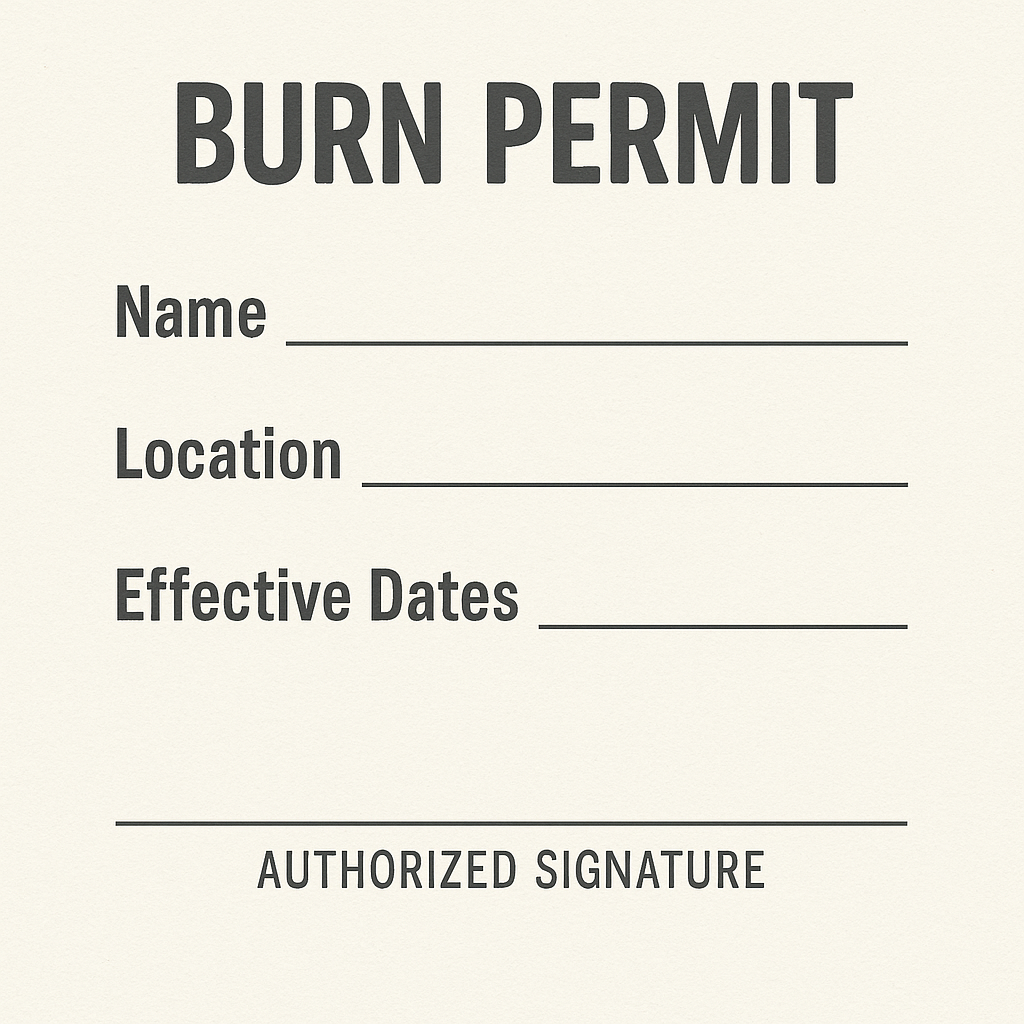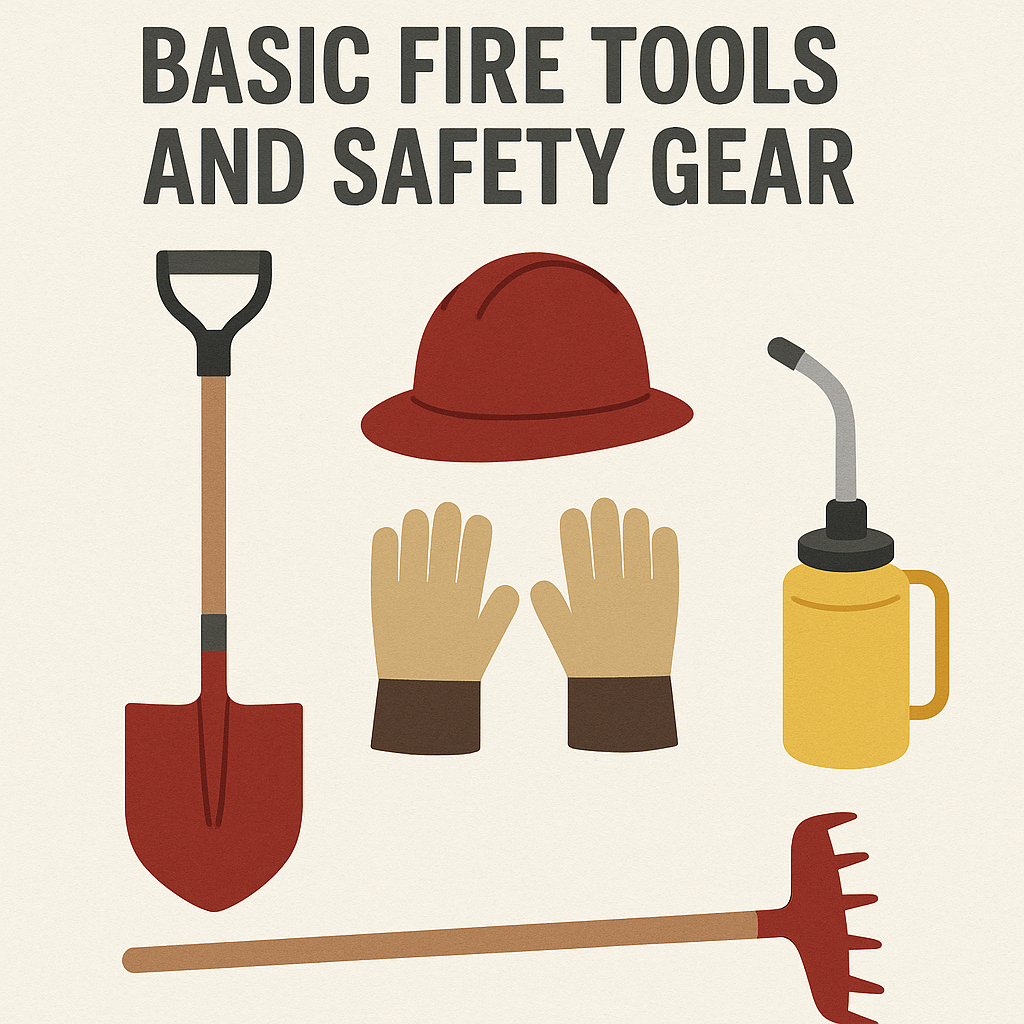Fire Safety on Rural Land in Utah: What Landowners Need to Know
Wildfires in Utah: A Growing Concern for Rural Landowners
Utah’s dry summers and high desert landscapes make wildfire safety a top priority for rural property owners. Whether you own land for camping, recreation, or future development, understanding your responsibilities and best practices for fire prevention can help you avoid serious risk.
Do You Need a Burn Permit in Utah?
Yes. Any open burn—including brush piles or debris—requires a burn permit during Utah’s designated burn season. These are regulated by local fire districts and counties. Burn season generally runs from March to May and again in late fall, depending on location.
Tip: Even if the fire seems small, lighting one without a permit can result in fines.
Create a Defensible Space Around Structures
If you’ve built—or plan to build—a cabin, RV pad, or trailer setup, it’s smart to create what’s called a “defensible space.” This is a cleared perimeter (typically 30–100 feet) where vegetation is minimized to prevent fires from reaching structures.
Clear dry brush and weeds
Trim tree limbs at least 6–10 feet off the ground
Stack firewood away from buildings
Keep grass mowed or cut short
Know the Fire Risk Rating in Your Area
Many parts of Duchesne, Uintah, and Carbon Counties are classified as high or very high wildfire risk zones. During fire season, these areas may experience restrictions on:
Campfires
Use of firearms or fireworks
Equipment that could spark fires
You can check active fire restrictions on Utah’s Wildfire website or by calling the local county office.
Can You Build a Fire on Your Land?
Yes, with caution. In general, small campfires for cooking or warmth are allowed when not under restriction. However, it’s still your responsibility to:
Clear a fire ring
Keep water nearby
Never leave a fire unattended
Fully extinguish the fire before leaving
Invest in Basic Fire Tools and Safety Gear
Even for undeveloped land, it’s worth keeping some basic tools or gear stored on-site:
Shovel and metal rake
Fire extinguisher
Water jugs or portable sprayer
Canvas tarp or fire blanket
Final Thoughts: Fire Safety Protects You and Your Investment
Owning rural land means managing the risks that come with it. A little prevention goes a long way—both in safety and in preserving the value of your property.


